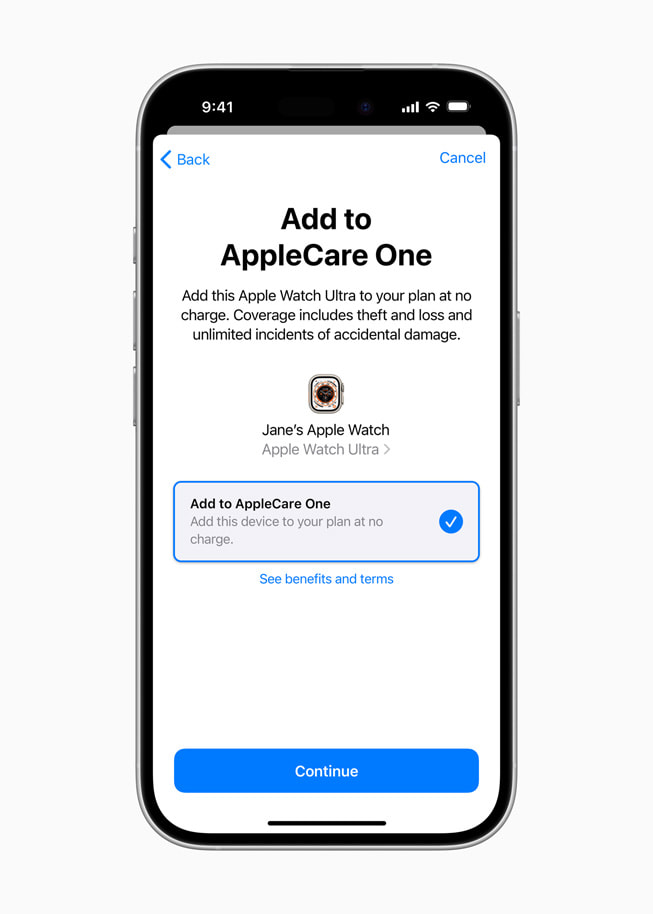

Apple is adjusting to new age verification regulations in Texas and California, which seek to bolster the safeguarding of minors in the online realm. The Texas regulation, effective January 1, 2026, requires that new Apple account registrants validate their age, specifically confirming if they are 18 or older. Notably, Apple has developed a system that does not necessitate users to submit photo identification, thus protecting user privacy. Instead, minors must become part of a Family Sharing group, enabling parents or guardians to oversee purchases and downloads.
To support compliance, Apple will release a Declared Age Range API, which will allow developers to classify users by their age without compromising personal information. This strategy meets the state’s requirements while safeguarding user confidentiality.
In a similar vein, California has passed a law that places the onus of age verification mainly on parents. This legislation, which garnered unanimous backing in the State Assembly, permits children to download applications without parental approval, as long as parents enter their child’s age during device configuration. The operating system will categorize users into age segments (under 13, 13-16, 16-18, or adult) and relay this data to app developers, easing compliance for firms like Apple.
The emergence of these laws emphasizes the disjointed nature of state-level legislation in the U.S., where differing protections can create variability in user experience and compliance challenges for businesses. While the capacity for states to implement their own laws can hasten local protections, it also highlights the necessity for a unified federal strategy regarding digital privacy and age verification.